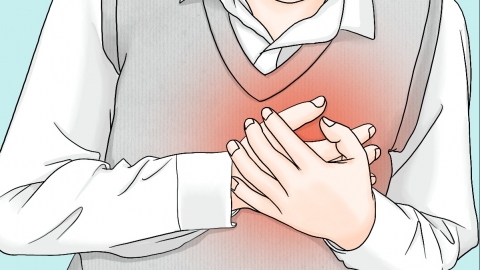Why is drinking water prohibited for heatstroke?
Heatstroke patients are prohibited from drinking water, generally due to potential risks such as coughing and suffocation, increased cardiac burden, electrolyte imbalance, interference with heat dissipation, and gastrointestinal damage. Detailed explanations are as follows:

1. Possible induction of coughing and suffocation: Patients with heatstroke often experience impaired consciousness and weakened or lost swallowing function. Drinking water at this time may cause liquid to enter the trachea, leading to severe coughing and, in serious cases, airway blockage and suffocation risk; therefore, drinking should be strictly prohibited.
2. Increased cardiac burden: The heart is already under excessive strain due to high fever. Drinking water rapidly increases blood volume, further burdening the heart and potentially causing arrhythmia or heart failure, hence the need for prohibition.
3. Electrolyte imbalance: Excessive sweating has already caused loss of electrolytes such as sodium and potassium. Drinking water blindly dilutes the remaining electrolytes in the body, disrupting osmotic pressure balance and causing symptoms like muscle cramps and weakness, making it an important reason for prohibiting drinking.
4. Interference with heat dissipation: After drinking water, blood flows to the gastrointestinal tract to aid digestion, reducing skin blood circulation, lowering heat dissipation efficiency, impeding body temperature reduction, and delaying recovery, thus necessitating prohibition.
5. Gastrointestinal damage: Heatstroke may cause congestion and edema of gastrointestinal mucosa. Drinking water irritates the gastrointestinal tract, causing discomfort such as vomiting and abdominal pain, worsening mucosal damage, thereby necessitating prohibition.
When encountering a heatstroke patient, it is essential to strictly avoid giving water by oneself. Priority should be given to cooling measures such as wiping the body with cool water and fanning, while promptly contacting medical personnel. Professionals should replenish fluids and electrolytes intravenously to ensure safe management.




